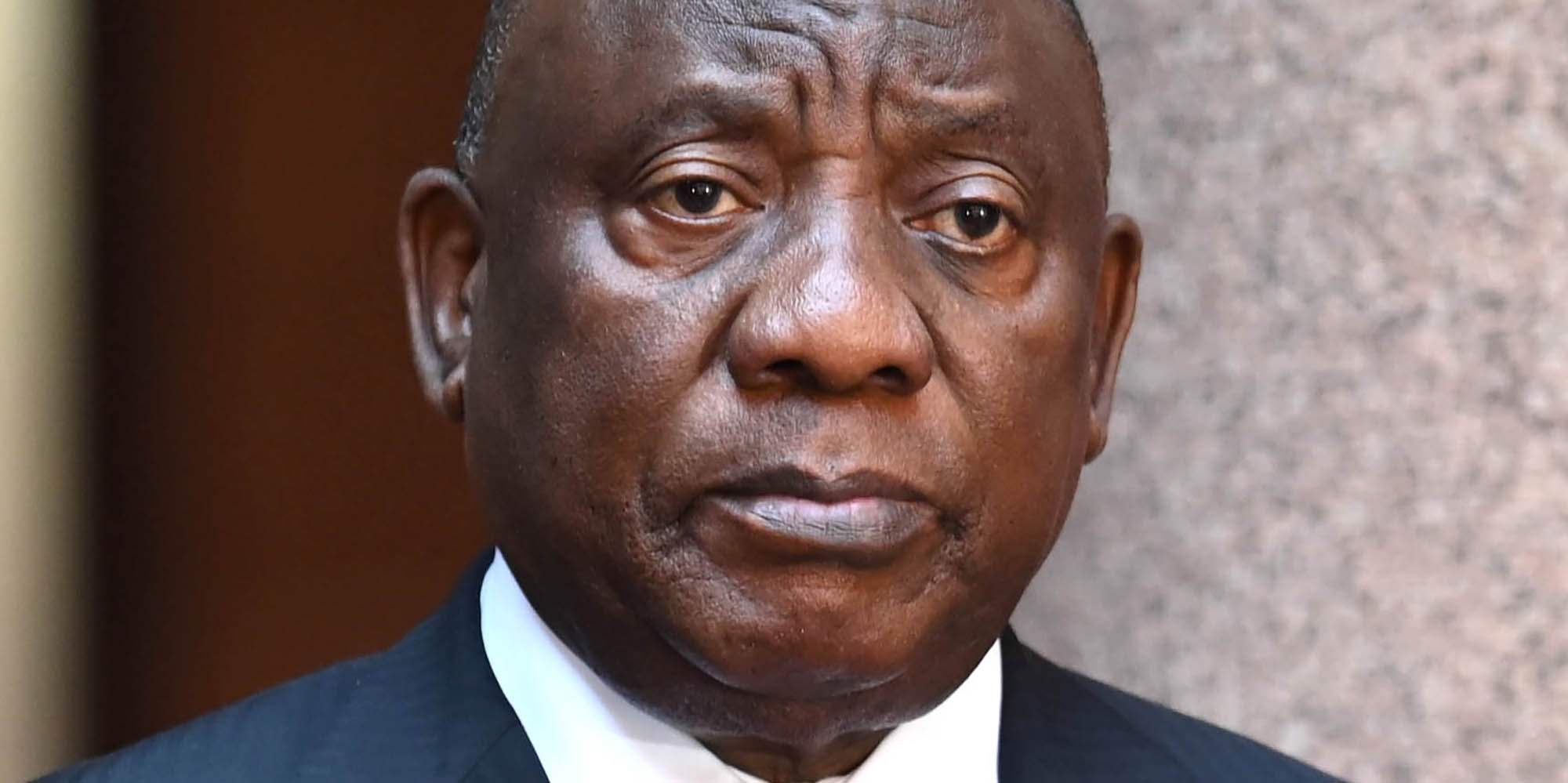During his February 2022 State of the Nation Address, President Cyril Ramaphosa promised a new social compact would be completed within 100 days.
The compact would outline the government’s programme of action — in partnership with organised business, labour and communities — for building a better and more inclusive society by growing the economy, creating jobs and tackling crime and corruption.
Wednesday, 13 September, marked 580 days since Ramaphosa made his promise and the social compact has still not been finalised. This is because negotiations at the National Economic Development and Labour Council (Nedlac) have gone awry.
All parties at Nedlac are pointing fingers at each other for the delay. Organised labour, business and communities have largely blamed the government for stalling the process and not agreeing to the proposals they came up with to include in the compact.
The government has blamed labour, business and communities for fighting among themselves over the contents of the social compact. In other words, the government has taken a back seat and bystander position, while it claims to watch disagreements unfold among its partners.
In Nedlac’s recently published annual report, representatives from organised labour and communities expressed disappointment that an overall social compact had not been finalised.
“It is important to acknowledge that collectively, we have not risen up to this challenge, despite the crucial mandate it entails in responding to the multiple and intersectional crises confronting our society,” Thulani Tshefuta, Nedlac’s community convenor, wrote in the annual report.
“We believe that social partners can still commit to collective actions to achieve higher levels of investment and growth, increase employment, expand support for the unemployed and tackle poverty.”
Social compacts are common around the world. In Asia, social compacts are geared towards maintaining high levels of economic growth and production. In Europe, social compacts tend to focus not only on production levels but also on the general wellbeing of the populace. And since 1994, social compacts in SA have focused on creating prosperity for all.
Collapse of draft social compacts
At least two frameworks of the social compact have been drafted since early 2022, the latest of which was in September last year. The frameworks included many priority actions to boost investment and growth in the economy, increase employment, allow increased private sector participation in the economy and expand welfare support for the unemployed. However, some of the draft frameworks have been rejected by big business and labour.
Big business has argued that the priorities in the framework are too many and fragmented. Labour representatives believe that the draft social compact framework doesn’t go far enough in protecting worker rights, removing unfair labour practices and protecting wages from the rising cost of living.
Matthew Parks, the parliamentary coordinator for the labour federation and Nedlac member Cosatu, said the government had rejected the latest draft social compact framework drawn by business, labour and community representatives — adding to the delays in finalising a compact.
“The delays and disagreement to finalising a social compact were with the government. A social compact was drafted at Nedlac with government and social partners last year [in] September. As we were about to finalise it, the government asked for space to draft a new social compact,” Parks told Daily Maverick.
Since then, Parks said the Nedlac partners would hear infrequently from the government, and the meetings it initiates to negotiate social compact terms are “routinely cancelled at the last minute”.
Daily Maverick understands that the government rejected the latest draft social compact framework because communities and labour representatives lobbied for the R350 per month Social Relief of Distress grant to be increased to R600 until the implementation of a universal basic income grant. The government did not want to commit to this, saying it would cost more money to implement at a time when public finances are under pressure.
The patience of business representatives at Nedlac is wearing thin over the stalled negotiations.
Cas Coovadia, the CEO of Business Unity South Africa, said at the Nedlac summit on Friday: “We have to reach consensus and get out of our comfort zone robustly. Social partners that sit at Nedlac spend most of their time arguing with each other in these abnormal circumstances. We spent a year doing that instead of focusing on what we can do through social compacting on particular issues.”
The minister of employment and labour, Thulas Nxesi, has urged Nedlac delegates to move beyond their narrow interests when working on the social compact and to seek solutions.
“Whether we want to accept it or not, social compacting, which we have not achieved, is accomplished through compromise. We have to learn to compromise to achieve this. We can’t sit in our corners and be fundamentalists,” Nxesi said at the summit. DM





